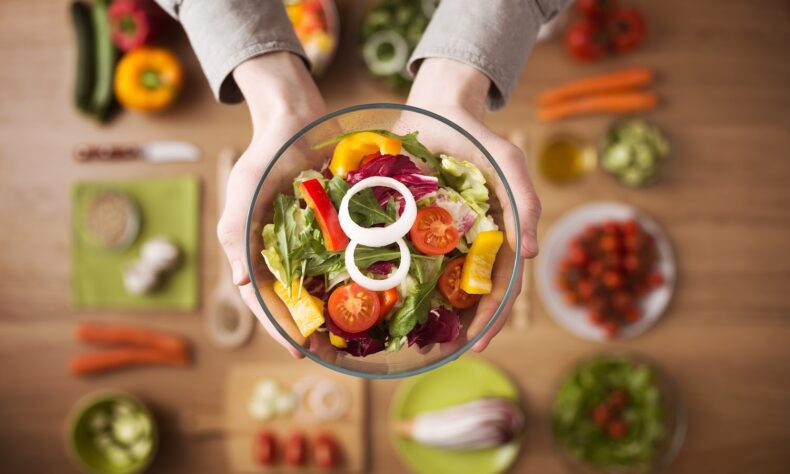As we all know 1st week of September is here, in India and we called it as “National Nutrition Day.” This particular week annually in India named as ‘NND’ just to raise the awareness of ‘Sustainable Eating.’ In India it was first being notified in 1982.
In recent years, there had been an increasing amount of people supporting or leading their life in more sustainability, more in sustainable eating. Nowadays wherever we notice from renewable energy to eco-friendly transportation, each one of us are understanding the benefits of sustainable practices. But in one of area where we can make a significant impact, is on our food consumption. The food choices are really important nowadays, which is also known as ethical eating.
We should be focusing over food choices that are not only nutritious but also makes a minimal impact on the environment. Sustainable eating = Greener tomorrow, now let’s unlock the power of nutrition that could make an impact on environment as well.
On 2021 there had been an article published in the journal – ‘Nature’, about how food choices or system impacts the one-third of greenhouse emission. In such a scenario ‘sustainable eating helps us to recognize our food that are produced economically, socially, environmentally responsible way.
Key Highlights
- Importance of Sustainable Eating: What accurately is ‘Sustainable Eating’?
- Understanding the power of Nutrition, how to eat ‘Sustainably’?
- Tips on practicing ‘Sustainable Eating’ – benefits
- Role of individual in promoting this practice
- Conclusion: Embracing ‘Sustainable Eating’ for a healthier planet ahead.
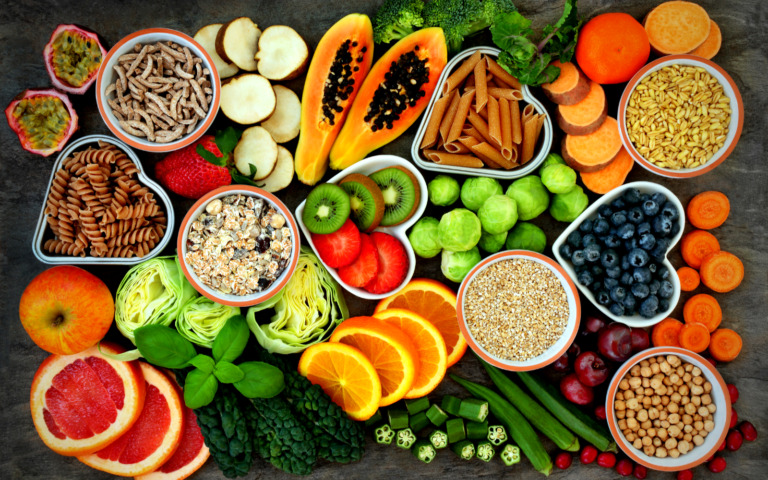
Importance of Sustainable Eating: What accurately is ‘Sustainable Eating’?
Sustainable eating is not just any other trendy way of diet, it’s an essential trait of one’s efforts toward the greener and sustainable future for upcoming generations. The choice over food based on their production on soil, water, consumption, land clearing, pesticides, greenhouse gases and lastly fossil fuels usage. Basically it effects on our overall well-being.
Vilasini Bhaskaran, registered Specialist Dietician, NHS UK and Dietetic Lead while being interviewed told – “The diets are protective measures in respect of biodiversity and ecosystem, culturally acceptable, accessible, economically fair and affordable, nutritionally adequate safe and healthy human resources and optimize natural.” Another one was a clinical Dietician at GITAM Institute of Medical Sciences and Research, Visakhapatnam,
Citing the FAO “Food and Agricultural Organization” and EAT-Lancet Commission, – Manasa Lakshmi Penta, said – “The sustainable diet establishes a primarily plant-based diet which included seasonal and local production of vegetables, fruits, whole grains such as millet, legumes all these directly contributes to livelihoods of small-scale producers. Strengthens local food-system promotes social interconnection. And a reduced or less in amount of animal-sourced food, highly processed food and any sugary beverages.” All these have benefits over our health, reduces the risk of chronic diseases.
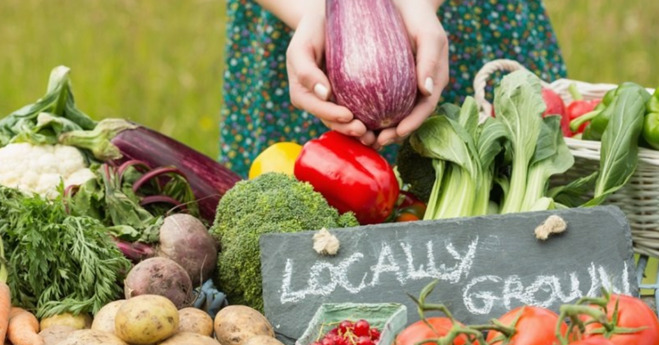
Understanding the power of Nutrition, how to eat ‘Sustainably’?
Understanding the power of Nutrition, the key. You can’t just renovate the agricultural system immediately. Though one can make small changes from your own habits of eating and help vice versa. Let’s look over on some ways of implementing sustainable food practices mentioned by – Pooja Pandey, Dietetics team, PD Hinduja Hospital & Medical Research Centre, Khar:
- Local and Seasonal Foods: It mainly lowers the carbon footprint as involved in shipping of the food over large distances helps local farmers in their lifestyle – economically.
- Plant-based diets: Eating most of plant-based foods – fruits, vegetables, legumes, and whole grains which lessens the environmental effects over like greenhouse gas emission, land use and water use.
- Reduce food wastage: It’s best not to waste any drop or bite of food that we have. Many people don’t get what we have now, most importantly it reduces the quantity, of organic waste dropped in landfills. Which eventually discharges harmful greenhouse gases.
- Water saving: While cooking, cleaning, growing food it’s important to be mindful over the usage of how much water should be needed in our daily basis.
- Minimal packaged and processed food: In production of any processed or packaged food we risk the chances of wastage in higher rates. So making a whole shift over unprocessed food saves a lot and its valuable to our health.
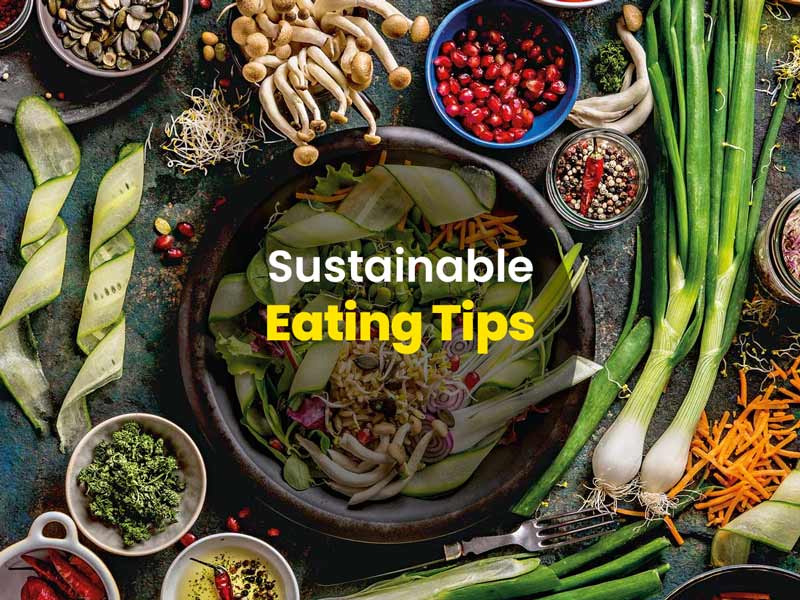
Tips on practicing ‘Sustainable Eating’ – benefits
There’s numerous benefits of ‘Sustainable Eating’ it’s not only helpful for environment but for our own health and wellness in a very nutritious way. According to the Chief Health and Nutrition Officer – Dr. Kent Bradley “Plant-based diets are really helpful, as they minor the high risks of various metabolic disorders for example – Diabetes, cholesterols, and most importantly improves heart health as well as kidney.
Seasonal foods are mostly nutrient rich preferences in one’s food choices. Buying from local producers helps a lot in economies and enables the eco-friendly practices in agriculture. The freshly grown ones are what we call the healthier to have. Not only rich in nutrients, but also reduces the transportation on environment. Further, Kent Bradley added “less junk food reduces the risks in weight management and other chronic diseases like obesity and thyroid issues.”
Having a calorie-balanced diet or deficient diet helps us to calculate the percentage of daily plant based food or reduced amount of animal-sourced foods. If we have a look 60% in our diet is plant based and helps our metabolic function properly and significantly reduces global morbi-mortality.
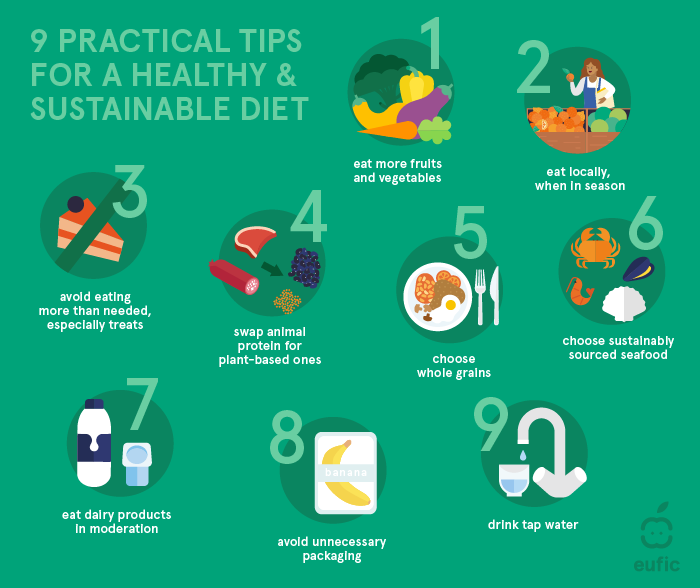
Role of individual in promoting this practice
Now that professional had given us the idea on the benefits of sustainable eating for a healthier and greener tomorrow. Let’s recognize the role of individuals in practicing such steps and choices.
One can spread awareness on the choice of food, sustainability eating, learn on different impact of food on the environment and plan likewise. Next is to share your thoughts with other and letting them aware of the fact how it’s equally important in choosing nutritious food. Encouraging others for applying as much they can in their lives.
Such small action from your own surrounding will surely slowly impact and start off from your own way of planning your daily meals keeping in mind all this practices. You can surely create a significant positive changes.
Conclusion: Embracing ‘Sustainable Eating’ for a healthier planet ahead.
Eating Nutrients rich food and sustainably choosing right food and their way of production impacts your health and wellness equally to environment. We are meant to strive progress than perfection. Every conscious food choice is aligned with sustainability towards the right direction.
We can be the powerful change for our upcoming generations if we choose wisely for a greener tomorrow, through the plate of meal, we have every day. It’s time that we unlock the power of nutrition in the path of ‘Sustainable Eating’ for a healthier decade ahead.







